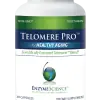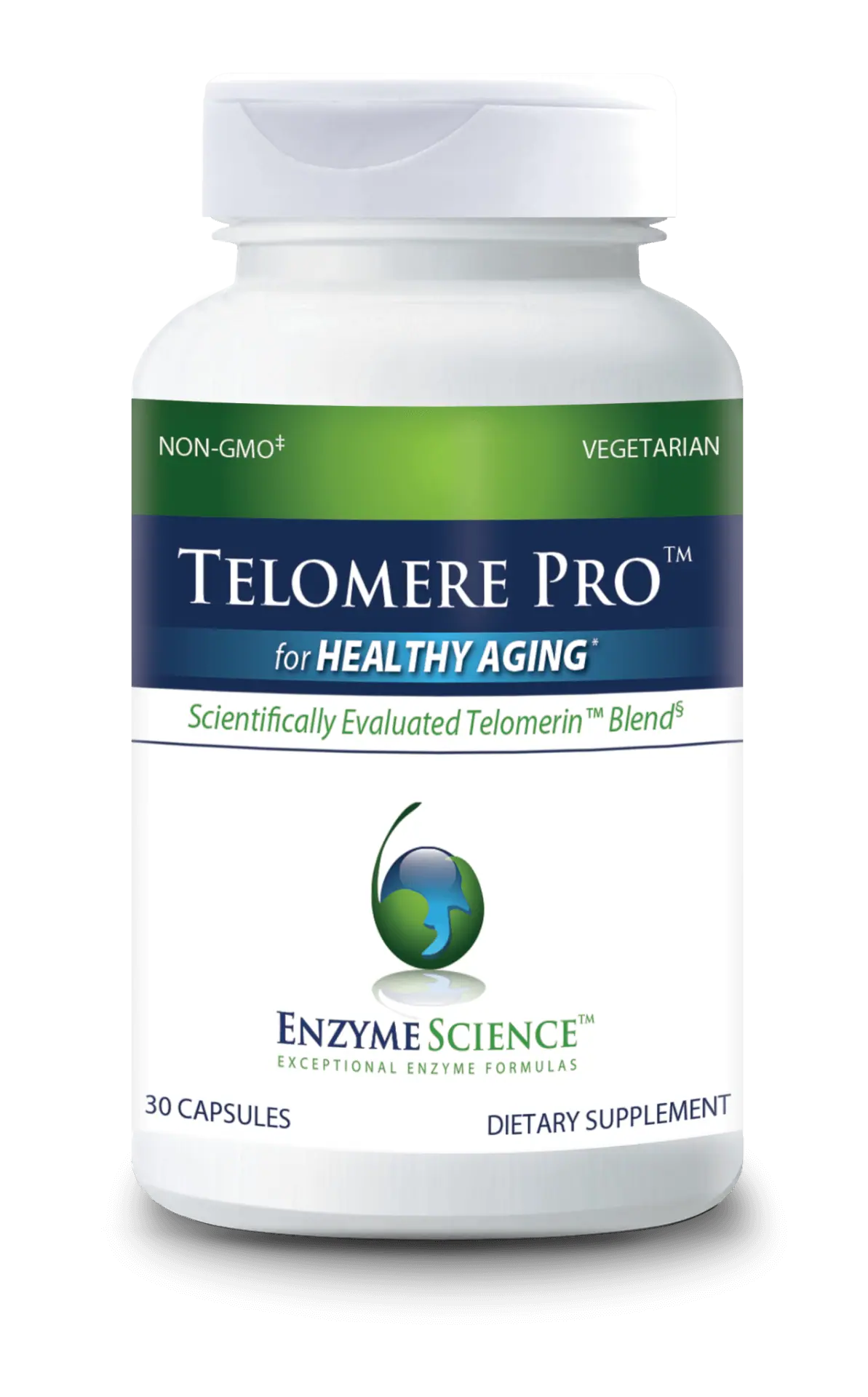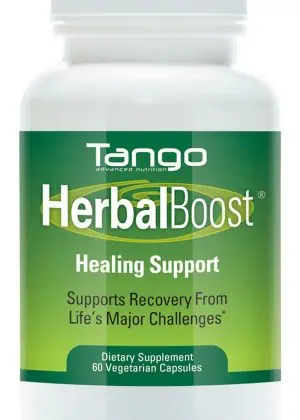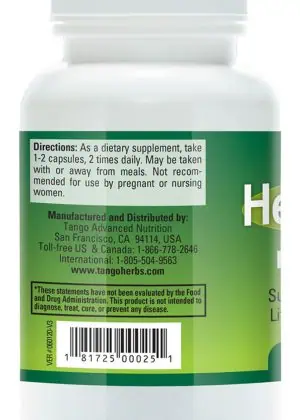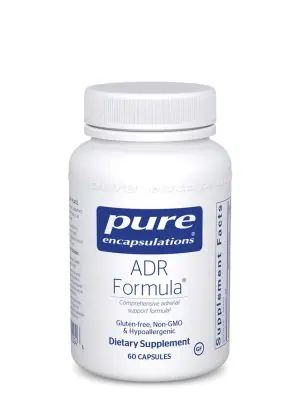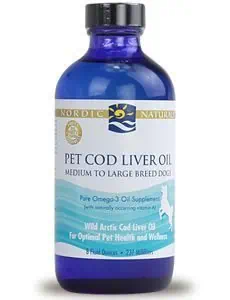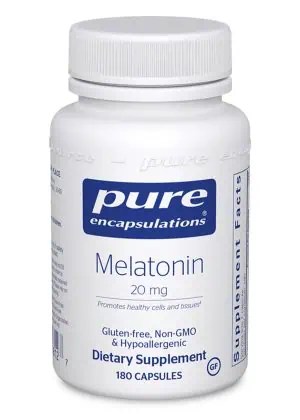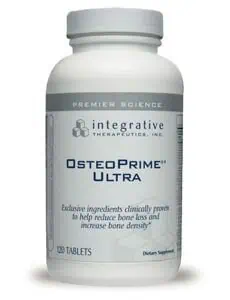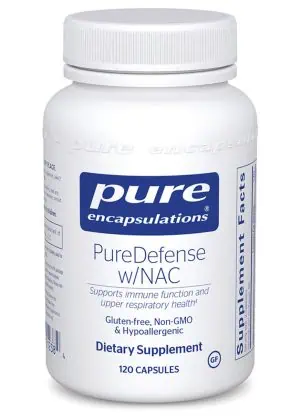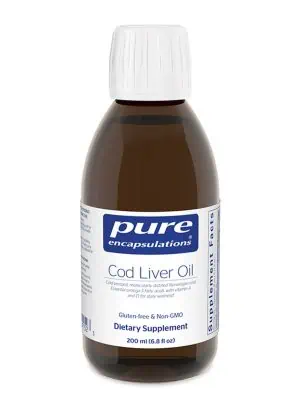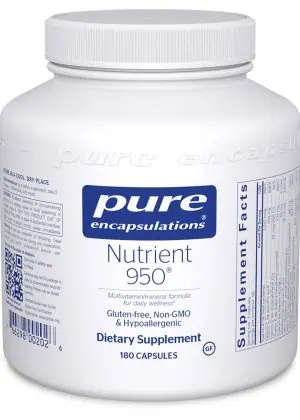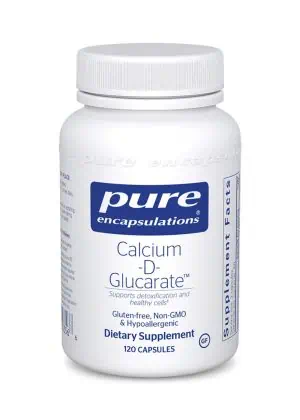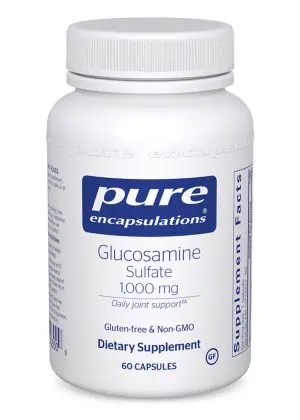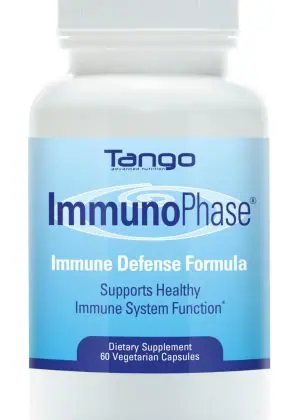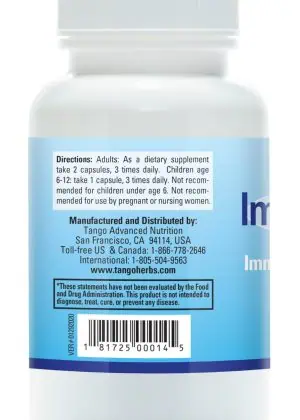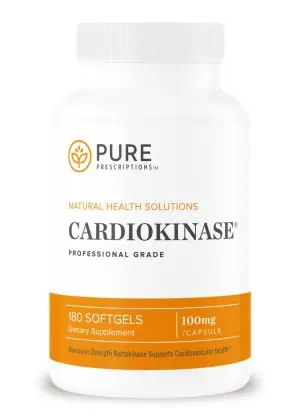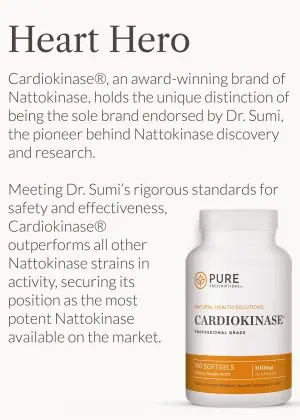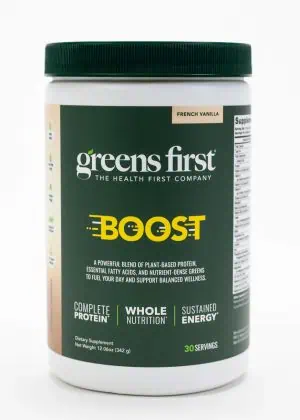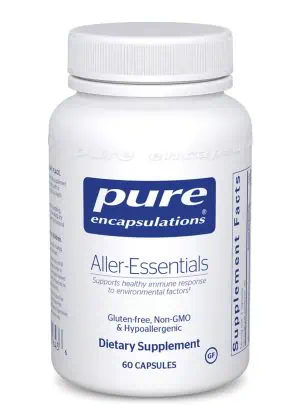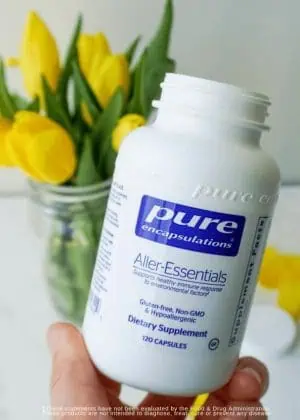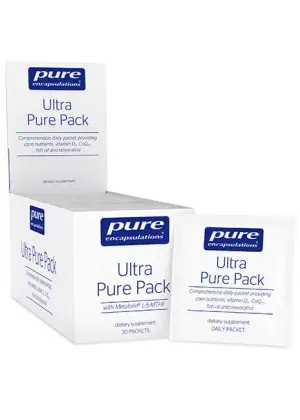Telomere Pro by Enzyme Science
30 Capsules
$43.99
$43.99
The Basics
Increases Telomerase Activity*
Cellular aging is the process by which a cell becomes old and dies, largely due to the shortening of its telomeres. Telomeres are the protective tips at the ends of chromosomes that protect our DNA. When the cell divides, the tips shorten. Over time, they become too short to sustain cell division and the cell dies. Other influences include age, stress, poor lifestyle choices and exposure to environmental toxins. To support healthy aging, it is essential to maintain telomere length.
Telomerase is a naturally occurring enzyme that lengthens telomeres and protects them from shortening. Telomere Pro has been shown to increase telomerase activity.*
The Science
Cellular aging is the process by which a cell becomes old and dies. To understand cellular aging, we must first understand the anatomy of a cell.
Our bodies are made up entirely of different types of cells, each with a different function. Every type of cell contains a center called a nucleus, which contains genetic information called DNA. DNA contains instructions that allow our cells to divide and correctly produce more cells. DNA is found in structures within the nucleus called chromosomes. At the ends of each chromosome, there are protective tips called telomeres, which keep the ends of the chromosome from degradation.
Telomere length has a lot to do with aging and is what some scientists have used to assess biological age.1 Young cells have long telomeres and older cells have short telomeres. This is because every time a cell divides, the telomeres get shorter and shorter. Eventually, they become too short to sustain cell division, and the cell dies. This is cellular aging. Other factors besides aging that may lead to accelerated telomere shortening include stress,2 lifestyle choices and environmental toxins.
Maintaining telomere length is essential to overall health, and can be accomplished by supplementing with a telomerase activator.* Telomerase is a naturally occurring enzyme that influences a cell’s ability to lengthen telomeres and prevent them from shortening. Most cells do not have sufficient levels of this enzyme to maintain telomere length.
The synergistic ingredients in Telomere Pro have been shown to activate telomerase and may support increased energy.*
The botanicals in Telomere Pro have been specially formulated to positively influence telomerase. Astragalus root3 has been shown to boost energy and provides immune support, while research shows that broccoli seed extract4 enhances the body’s tolerance to stress.* Rhodiola extract5 is often used for cellular protection and to boost enzyme activity.*
Vitamin D3 is known to boost the immune system6 and has been shown to have a positive correlation with telomere length.*
Recommended Use:
One capsule daily with or without food. More may be taken if needed. Consult a physician prior to use if you are pregnant or nursing.
Warning:
This product contains a chemical known to the State of California to cause birth defects or other reproductive harm.
References
1) Lindsey, J., Mcgill, N., Lindsey, L., Green, D., and Cooke, H. (1991). “In vivo loss of telomeric repeats with age in humans.” Mutation Research/DNAging, (256), 45-48.
2) Epel, E. (2004). From The Cover: “Accelerated Telomere Shortening In Response To Life Stress.” Proceedings of the National Academy of Sciences, 101, 17312-17315.
3) Harley, C.B., Andrews, W.H., Blasco, M., Briggs, L.A., Liu, W., Raffaele, J.M. and Vera, E. “A natural product telomerase activator as part of a health maintenance program.” Rejuvenation Res. 2011 Feb; 14(1): 45-56.
4) “Emerging Science FAQs.” SGS Long-Lasting Antioxidant. Brassica Protection Products. Web. Retrieved 17 Dec 2014.
5) Darbinyan, V., Kteyan, A., Panossian, A., et al. “Rhodiola rosea in stress induced fatigue—a double blind cross-over study of a standardized extract SHR-5 with a repeated low-dose regimen on the mental performance of healthy physicians during night duty.” Phytomedicine. 2000 Oct;7(5):365-71
6) Richards, J., Valdes, A., Gardner, J., Paximadas, D., Kimura, M., and Nessa, A. (2007). “Higher serum vitamin D concentrations are associated with longer leukocyte telomere length in women.” The American Journal of Clinical Nutrition, 86(5), 1420-1425.
Product Ingredients
| Ingredients | AMT | %DV |
|---|---|---|
| Vitamin D3 (as Cholecalciferol) | 500 IU | 125% |
| Telomerin blend of Astragalus (root), SGS Broccoli seed extract, Rhodiola extract (Rhodiola rosea PE)(root) | 495 mg | - |
Why Buy From Us?As a trusted family- and employee-owned company for over 25 years, we've shipped more than 1 million packages, empowering our customers with expert knowledge, guiding their wellness journeys, while delivering unparalleled customer service.

Welcome to Pure Prescriptions
I founded Pure Prescriptions after overcoming Cancer at age 29, a battle that taught me the power of natural supplements and inspired me to make professional-grade, doctor-only brands accessible online—pioneering the industry over 25 years ago.
Today, still a family- and employee-owned company, we've shipped over 1 million packages, empowering countless wellness journeys with science-backed, U.S.-manufactured vitamins and supplements meticulously curated for superior quality and optimal results. Our real health experts provide personalized recommendations without upsells or gimmicks—just genuine support tailored to your needs.
Not a customer yet? We'd be thrilled to earn your trust and guide you toward vibrant health.
Sincerely,
Helpful Links:
Contact Us | LIVE Chat | Vitamin Quiz
The Pure Prescriptions Difference
When you choose Pure Prescriptions, you become part of our caring community. We’re committed to enhancing your wellness with personalized service, expertly selected products, and a dedication to your health & happiness.


Related products
Get Notified When Back In Stock
Verify you are Human:
-
- Vitamin Quiz
- Deals
- Shop
- Brands
- Shop by Manufacturer Brand
- Shop by Manufacturer Brand
- About
- Login
